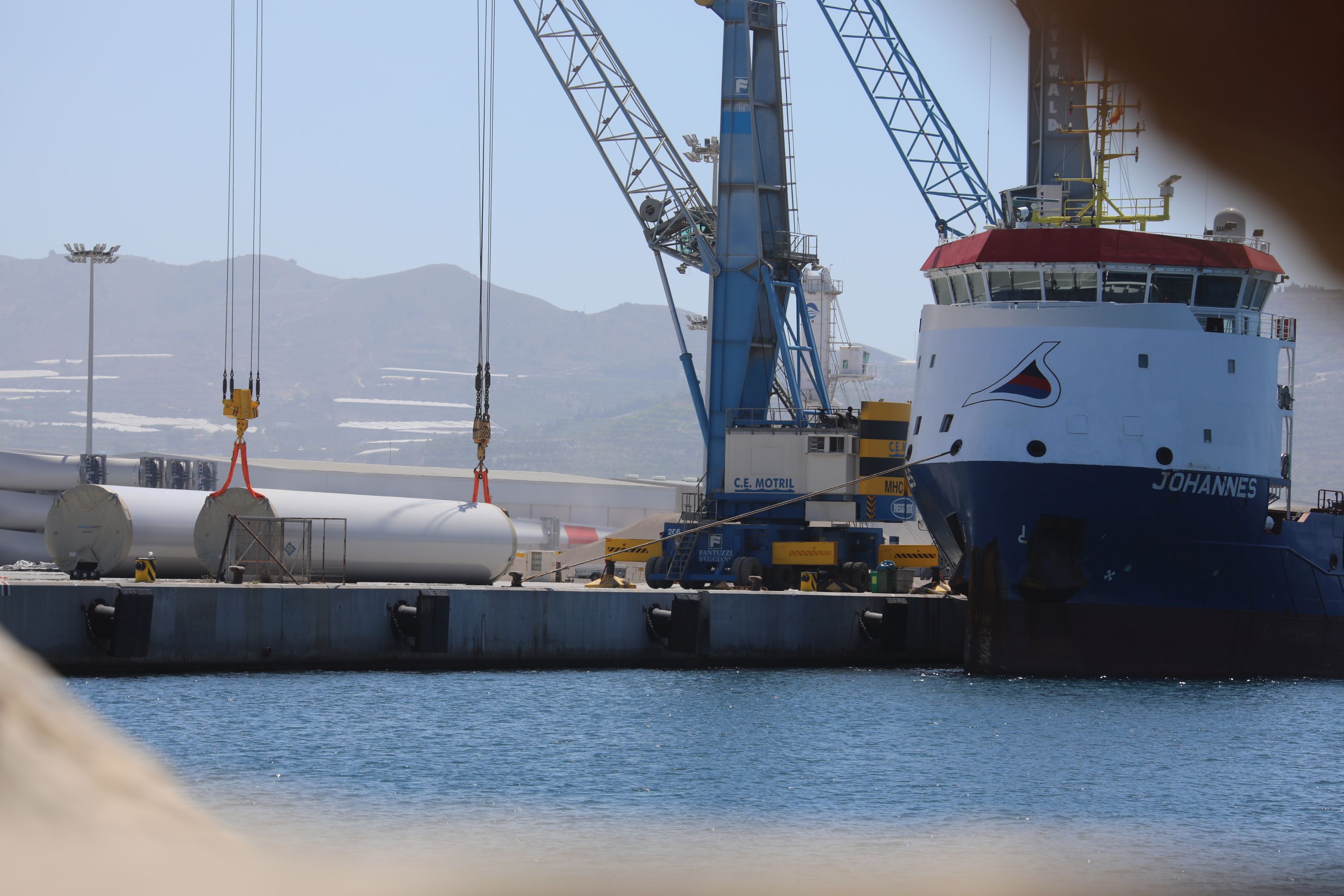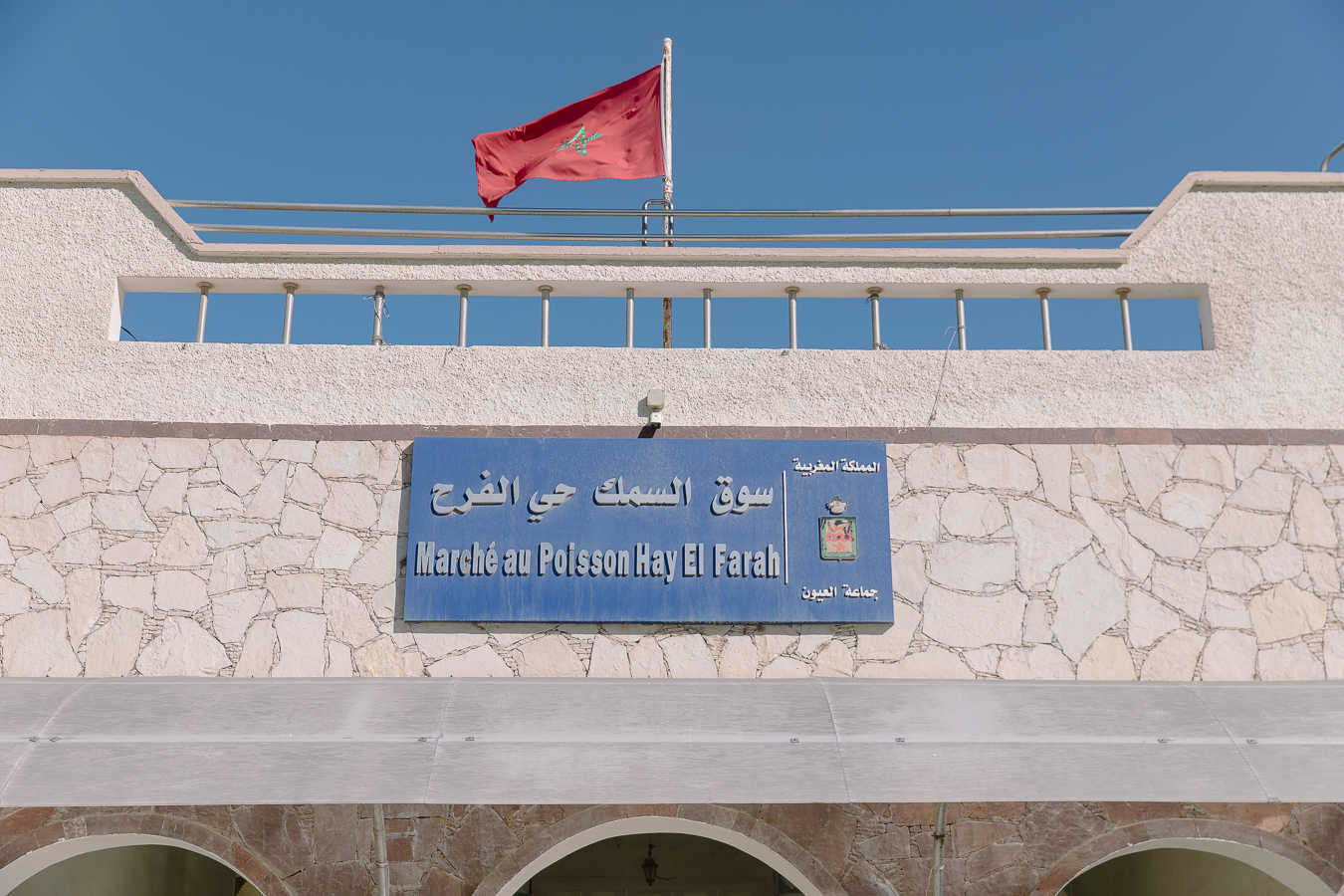EU Council refuses to disclose 2006 legal opinion on Morocco fish deal

The European Council has communicated to WSRW that it cannot disclose its legal opinion on the EU-Morocco Fisheries Agreement of 2006, due to its "great political sensitivity".
Published 04 July 2013
"The document deals with issues of great political sensitivity. Moreover, negotiations on a Protocol to the abovementioned Agreement are currently on-going. Disclosure of the advice and the issues with which it deals would therefore undermine the protection of the public interest as regards international relations under Article 4(1)(a), third indent of the Regulation", states the General Secretariat of the European Council in its reply to WSRW, 4 July 2013.
A full version of the letter can be read here. Attached to the letter was a censored version of the legal opinion, showing only the first five paragraphs containing uncontroversial background information on the agreement. The actual legal appraisal, spanning the following six pages, has been deleted.
"The argument given is rather interesting. The European Union's institutions have always argued that the fisheries agreement with Morocco only concerned trade, not politics. Yet now, when asked to share its legal ramifications for adopting a dubious deal seven years ago, the Council cites political sensitivity for declining the request", says Sara Eyckmans, coordinator of WSRW.
In May, WSRW had filed an official request to obtain full access to the legal opinion issued by the Council of the European Union's legal services back in 2006, when the EU and Morocco were in the process of negotiating a bilateral Fisheries Partnership Agreement (FPA). That agreement also covered the waters of Western Sahara, illegally occupied by Morocco since 1975, rendering the agreement illegal from the perspective of international law.
Opponents of the FPA have long time argued that it sent an unfortunate sign of legitimacy and acceptability to Morocco's untenable claim over Western Sahara. The Moroccan Minister of Fisheries himself had at the time stated that the agreement was not that important economically, but all the more so politically. However, the European Commission and Council consistently retorted that the agreement was a pure trade deal, void of any political calculations.
Back in 2006, all three major EU institutions - Parliament, Commission and Council - argued that the agreement was in line with all applicable laws and regulations. The European Parliament, the only one out of the three institutions that had made its legal assessment public, has since revised its opinion, saying that the deal's implementation made it perfectly clear that EU vessels were indeed fishing in the waters of the occupied territory, and that no evidence was available as to whether the Saharawi people had agreed to and subsequently benefitted from these fish activities. As a result, the Parliament's legal service in July 2009 called for the immediate revision or termination of the agreement. The agreement was finally rejected by the European Parliament in December 2011, when the plenary session voted down a proposed one-year extension of the accord.
Both the European Commission and the Council did not share their legal opinions with the European public.
News
New report: Certified occupation
International certification standards embellish Morocco’s controversial trade with fisheries and agricultural products in occupied Western Sahara, new report documents.
16 December 2025
Certification giant SGS points fingers elsewhere
SGS blames everyone else for mistakes on MarinTrust certificates it had issued to Moroccan companies in occupied Western Sahara.
15 December 2025
New report: Greenwashing Occupation
Out now: WSRW today publishes a new report outlining the massive - and deeply problematic - renewable energy projects that Morocco is developing in occupied Western Sahara.
11 December 2025
GMP+ does not check if “sustainable” fish is legally caught
The world’s largest certification scheme for “safe and sustainable animal feed” does not check whether its certified fish feed companies source from illegal fisheries in occupied Western Sahara, where catches violate the Saharawi people’s right to self-determination.
05 December 2025



